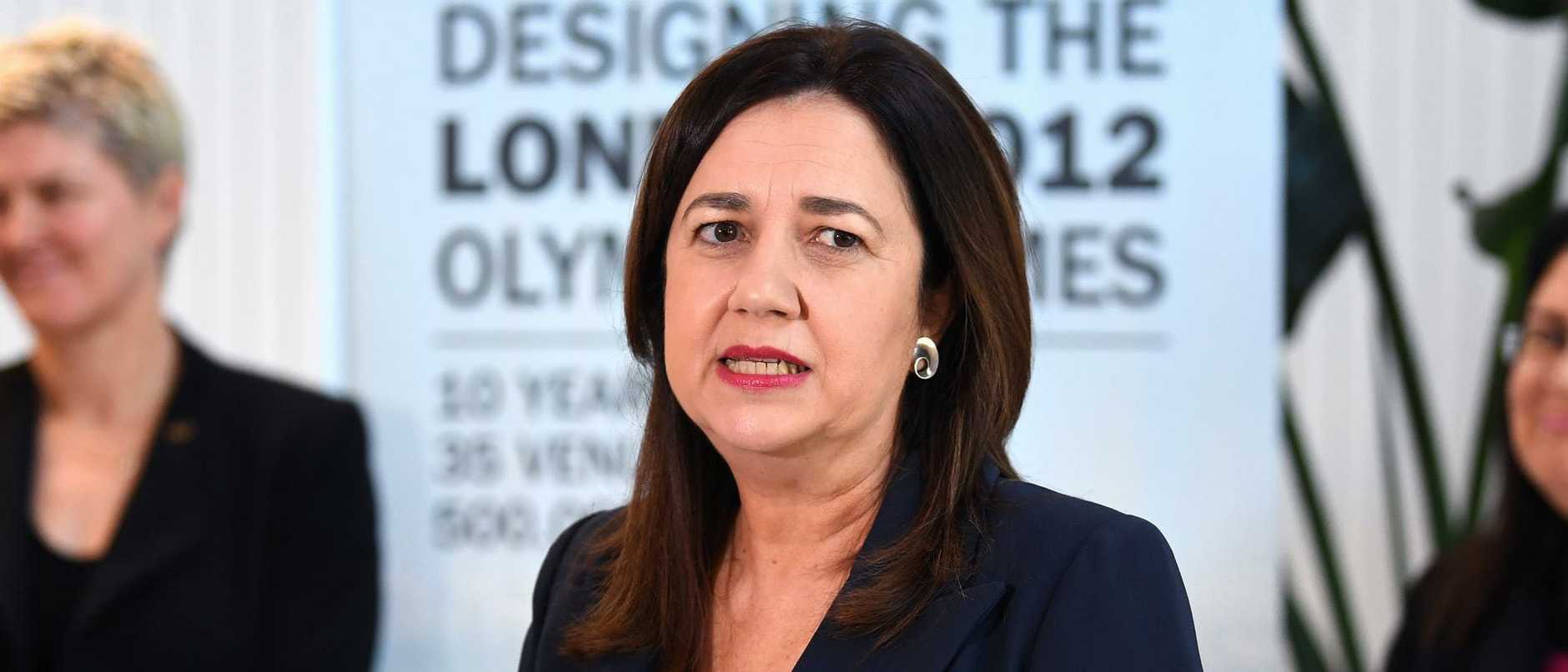
Will Queensland’s Labor government adopt recommendations for drug reform?
Sophie Stockman
5.11.20
Last week, the state with the most drug arrests in the nation voted in Labor’s Anastacia Palaszczuk for a third term. This will be the government to determine drug policy in Queensland for the next three years. With the Queensland Productivity Commission (QPC) supporting comprehensive drug policy reform, what does the election result mean for the future of drug policy in the Sunshine State?
Could decriminalisation be on the horizon?
Last year, Queensland’s independent economic review body made recommendations for a five-year timeline of extensive drug policy reform. The report by the QPC highlights how prisons are overcrowded with ‘low-harm offenders’ – and numbers have been on the rise for years. The QPC concluded that decriminalising drug use could reduce the prison population by up to 30 per cent and save $300 million in prison costs each year.
This recommendation comes in the context of recent statistics that show Queensland authorities arrest the most drug users than any other state – over 12,000 more than New South Wales in 2018-19.
The five-year reform timeline recommended by the QPC includes establishing a drug reform task force to oversee the decriminalisation of drug use, and the development and implementation of a regulatory framework for the legalisation of cannabis and MDMA.
While the Queensland government hasn’t endorsed the recommendations, the Labor party policy platform commits to ‘health-focused and diversion-based responses’ to drug use as well as implementing specific harm-reduction programs aimed at young people in relation to recreational drug use, including pill testing at festivals.
Members of the opposition have also been vocal about the need for pill testing. Liberal Nationals MP Pat Weir has voiced his support, saying ‘pill testing would not stop people overdosing but it would provide an opportunity to engage with users.’ Another LNP member, Christian Rowan, has also gone against expectations by advocating for pill testing, reported as saying he did not condone drug use but substance misuse was occurring, and pill testing should be considered as a response.
Mental Health Commission promotes Portugal-style decriminalisation of drug use
While our politicians consider different courses of action when it comes to drug policy, other countries have already taken the leap. In June 2018, the Queensland Mental Health Commissioner travelled to Portugal to investigate how the nation responds to drug use. The system in Portugal is hailed by the International Narcotics Control Board as a best practice model, which was established in response to the prolific social and economic issues caused by drug use and drug policy in the 1990s. Since the new legal structure and harm minimisation strategy was introduced, Portugal has seen a decrease in drug use among adolescents, a reduced burden of drug offences on the criminal justice system, a dramatic decrease in opioid-related deaths and infectious diseases, and a reduction in injecting drugs overall.
The Commissioner reported that visiting Portugal provided enormous insight into how a government can reform drug policy to promote public health and community wellness. He concluded that approaching drug use as a health issue instead of a criminal justice issue has major benefits, including freeing up police resources, less demand on courts and prisons, reduced stigma and marginalisation of people who use drugs, and improved access to treatment options.
Whether or not Queensland will see these reforms is yet to be determined. While Premier Anastacia Palaszczuk has previously ruled out making drug use legal, Labor has committed to ‘health-focused and diversion-based responses’ which might amount to the same thing. With the party’s pledge of support in their electoral platform, pill testing should also be on the cards in the near future for Queensland.
Image Credit:
The Queensland Times
References:
- 2020. Inquiry Into Imprisonment And Recidivism. [online] Queensland: Queensland Productivity Commission. Available at: <https://qpc.blob.core.windows.net/wordpress/2020/01/FINAL-REPORT-Imprisonment-Volume-I-.pdf> [Accessed 25 October 2020].
- 2020. Illicit Drug Data Report 2018-19. [ebook] Australian Criminal Intelligence Commission, p.151. Available at: <https://www.acic.gov.au/sites/default/files/2020-09/illicit_drug_data_report_2018-19_internals_v10_full.pdf> [Accessed 25 October 2020].
- 2020. Queensland Labor State Platform. Queensland Labor Party, pp.61 & 85. Available at: <https://www.queenslandlabor.org/media/21322/queensland-labor-state-platform-2019.pdf> [Accessed 25 October 2020].
- Caldwell, F., 2019. Pill-Testing ‘Would Send Wrong Message’, LNP Convention Hears. [online] Brisbane Times. Available at: <https://www.brisbanetimes.com.au/politics/queensland/pill-testing-would-send-wrong-message-lnp-convention-hears-20190712-p526ld.html> [Accessed 25 October 2020].
- Caldwell, F., 2019. LNP Frontbencher Says Pill Testing Should Be Considered In Queensland. [online] Brisbane Times. Available at: <https://www.brisbanetimes.com.au/politics/queensland/lnp-frontbencher-says-pill-testing-should-be-considered-in-queensland-20190103-p50pdd.html> [Accessed 25 October 2020].
- 2020. Portugal’s Response To Drug-Related Harm. [online] Queensland Mental Health Commission. Available at: <https://www.qmhc.qld.gov.au/sites/default/files/portugals_response_to_drug-related_harm.pdf> [Accessed 25 October 2020].
Sign up
Sign up for movement news and opportunities to get involved
We are building a movement to make drug use legal and safe in Australia so that everyone has a better chance to lead a healthy and happy life.